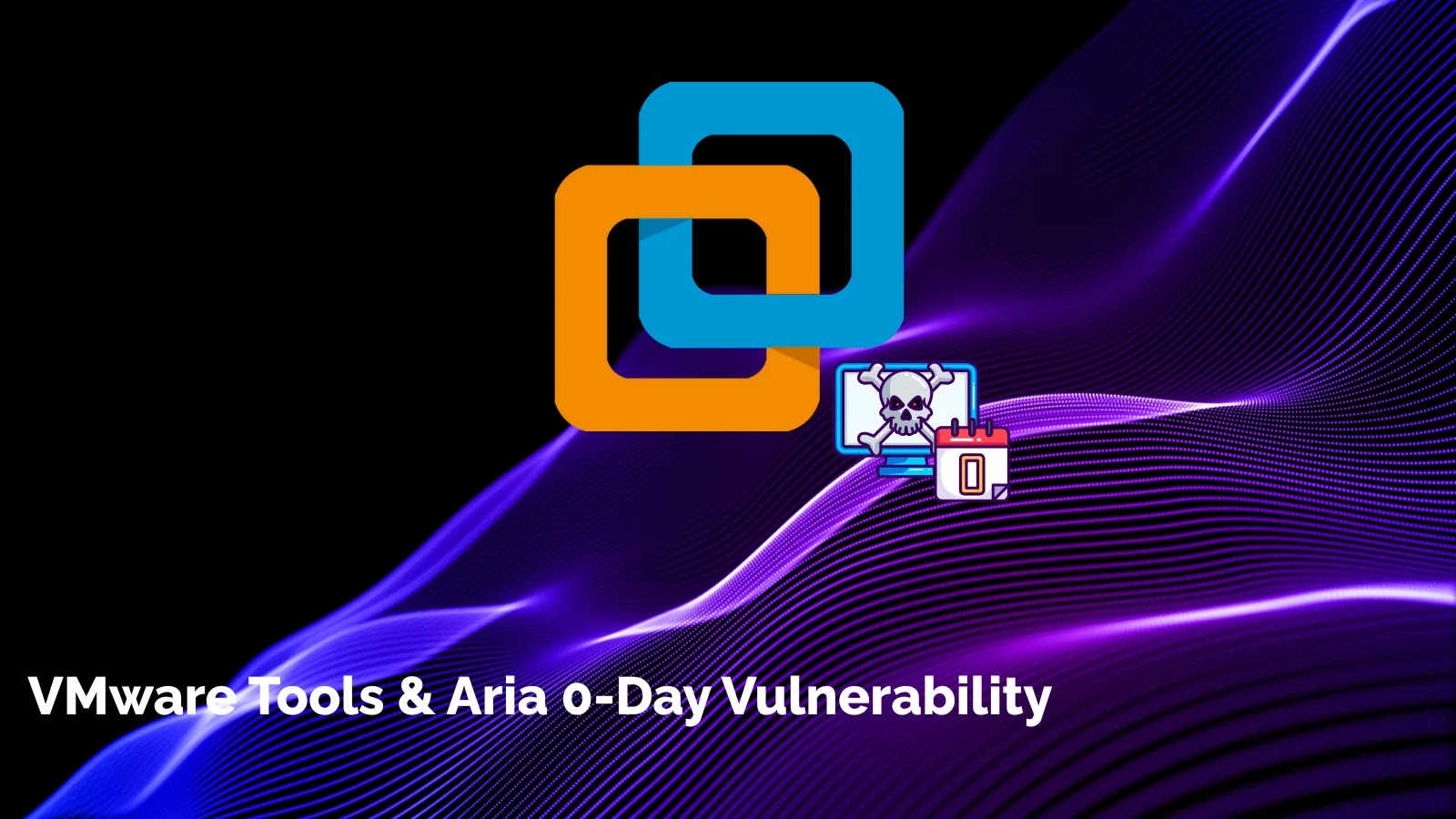Apache Roller, a widely-used open-source Java-based blog server, has been found to contain a critical security vulnerability that could allow attackers to maintain unauthorized access to user accounts, even after password changes. This flaw, identified as CVE-2025-24859 with a maximum CVSS score of 10.0, affects all versions up to and including 6.1.4.
Understanding Apache Roller
Apache Roller serves as a comprehensive blogging platform, offering features such as a content management system, multi-user support with three permission levels, integrated search capabilities, and customizable templates and themes. Its flexibility and extensibility have made it a popular choice among organizations and individual bloggers alike.
Details of the Vulnerability
The critical vulnerability resides in Roller’s session management functionality. Specifically, the flaw prevents active user sessions from being properly invalidated when a user changes their password. As a result, any existing sessions remain active, allowing attackers to continue accessing the application through these old sessions. This persistent access poses a significant security risk, especially if an attacker has already compromised user credentials.
Apache’s official statement highlights the severity of the issue:
This allows continued access to the application through old sessions even after password changes, potentially enabling unauthorized access if credentials were compromised.
Implications for Users and Organizations
The presence of this vulnerability means that even after a user updates their password—typically a primary measure to secure an account after a suspected compromise—unauthorized parties could still access the account through previously established sessions. This undermines the effectiveness of password changes as a security measure and could lead to prolonged unauthorized access, data breaches, and potential manipulation of blog content.
Apache’s Response and Mitigation Measures
In response to the discovery of CVE-2025-24859, Apache promptly released Roller version 6.1.5, which addresses the session management flaw. The update introduces a centralized session management improvement designed to properly invalidate all active sessions upon password changes or when a user account is disabled.
The release notes for version 6.1.5 detail the enhancements:
– Implementation of RollerLoginSessionManager for improved session tracking.
– Enhanced cache handling for user sessions to ensure proper invalidation.
These improvements aim to bolster the security of the Roller platform by ensuring that session management processes effectively terminate all active sessions when critical account changes occur.
Recommendations for Users
Given the severity of this vulnerability, it is imperative for all Apache Roller users to take immediate action:
1. Update to the Latest Version: Users should upgrade to Apache Roller version 6.1.5 or later to benefit from the security patches addressing CVE-2025-24859.
2. Review Active Sessions: Administrators should monitor and manage active sessions, ensuring that any suspicious or unauthorized sessions are promptly terminated.
3. Enhance Security Practices: Implement additional security measures such as multi-factor authentication (MFA) to add an extra layer of protection to user accounts.
4. Educate Users: Inform users about the importance of regular password updates and the potential risks associated with session persistence.
Broader Context and Apache’s Ongoing Security Efforts
This incident marks the second critical-severity vulnerability that Apache has addressed in recent weeks. Prior to CVE-2025-24859, Apache resolved CVE-2025-30065 in the Apache Parquet project, which involved the deserialization of untrusted data in the parquet-avro module.
These consecutive vulnerabilities underscore the importance of continuous vigilance and prompt response in the realm of software security. Apache’s proactive approach in identifying and mitigating such issues reflects its commitment to maintaining the integrity and security of its software offerings.
Conclusion
The discovery of CVE-2025-24859 in Apache Roller highlights the critical nature of effective session management in web applications. By failing to invalidate active sessions upon password changes, the vulnerability exposes users to potential unauthorized access and data breaches. Apache’s swift release of version 6.1.5 addresses this flaw, emphasizing the necessity for users to promptly update their systems. This incident serves as a reminder of the ever-evolving landscape of cybersecurity threats and the need for continuous monitoring, timely updates, and robust security practices to safeguard digital assets.


